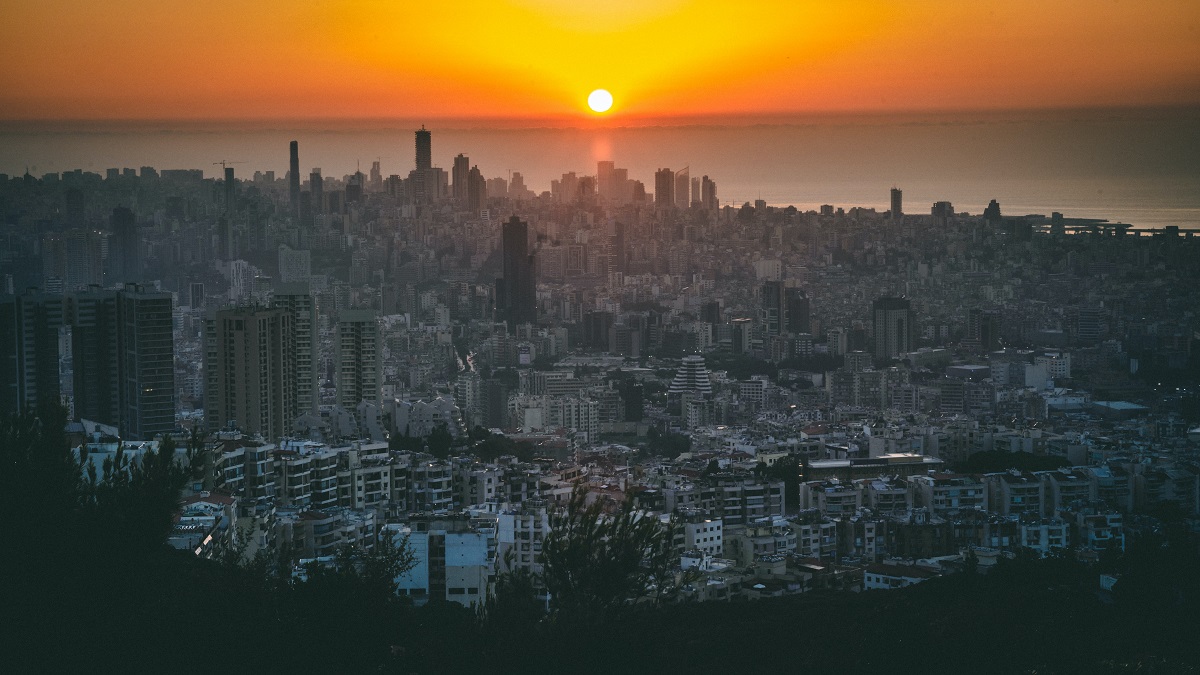Can energy instability be overcome by increasing the use of renewable energy sources and investing in new facilities? The answer is yes, although as in many other cases, there are many arguments that point to certain risks and unpredictable factors that need to be considered.
But the fact is that some countries have serious problems with providing the necessary quantities of electricity, not being able to provide security of supply for their citizens and businesses. On the other hand in these countries, there are excellent natural conditions for the use of green energy and increasing domestic production. Such is the case in Lebanon, a country located in the Middle East, where natural conditions are very favorable for investing in renewable energy sources. The country has 300 sunny days a year and analyses show that there are excellent natural conditions for investing in windmills and biomass.
Despite the excellent natural conditions, Lebanon is a country in great need of energy. And not only that, but the countries in the region also need energy. But Lebanon may have the biggest motive to make a big leap in terms of renewable energy and the need to find a quick solution that will ensure a stable energy supply in the country and provide conditions for greater economic development. After the blackout that took place last year in Lebanon, when the country was without electricity for 24 hours, creating problems in the functioning of the vital segments of the country, the pressure to find a solution increased.
Although many preconditions need to be addressed, green energy is a solution to improve energy stability in a country facing certain energy challenges. Investors are aware of this and are therefore pushing for measures to raise the business climate and reduce uncertainty and risks in Lebanon and countries with similar characteristics.
The Lebanese authorities, through the Lebanese Ministry of Energy and Water in February this year, announced a set of measures to improve the situation in the energy sector. These measures refer to steps to reduce losses in transmission systems, modernization of distribution services, creation of mechanisms for greater legal and financial support, and the like. Although these measures are the initial phase of the process of improving the conditions for energy transition and greater energy stability, they are still a positive signal of political will and cooperation with international institutions to improve the business climate. Even models for reducing investment risk in the field of renewable energy sources are being considered.
According to the investment plan in Lebanon, it is planned to invest in an energy mix of solar and wind energy with installed new 1200 MW. But it is estimated that an additional 4,000 MW will be needed to meet the 2030 targets and provide 30% of production from renewable energy sources.
According to the data of the International Agency for Renewable Energy Sources (IRENA) in 2020, renewable energy sources with a total capacity of 344 MW, of which 255 MW are hydro, 79 MW are solar, and only 3 MW were installed in Lebanon.
The investment potentials are great, and the need for additional quantities of electricity is also great. Investors are anticipating these facts and are ready to invest in the renewable energy sector in Lebanon. But the risks are still there, and despite the government’s positive signals to create a more stable business climate, this is just the beginning. The biggest challenges that need to be addressed are reducing risk and better regulation of the electricity market, improving the mechanisms for the sale of electricity, ie improving the rules of transmission and distribution, increasing the stability of the network and clear regulation of investment, UNDP said in a recent report.
The good news is that the process of improving the sector has begun. Improving the regulation and modernization of the electricity sector, both in technical and legal terms, will create conditions for attracting investments in renewable energy sources in Lebanon, which will directly affect the economic development of the country. The sharp rise in prices for gas, oil and electricity on world stock exchanges is creating caution among investors, but also a motive for investing in green energy in countries with huge natural potential because this energy becomes strategically important after the energy crisis that has hit the world.

